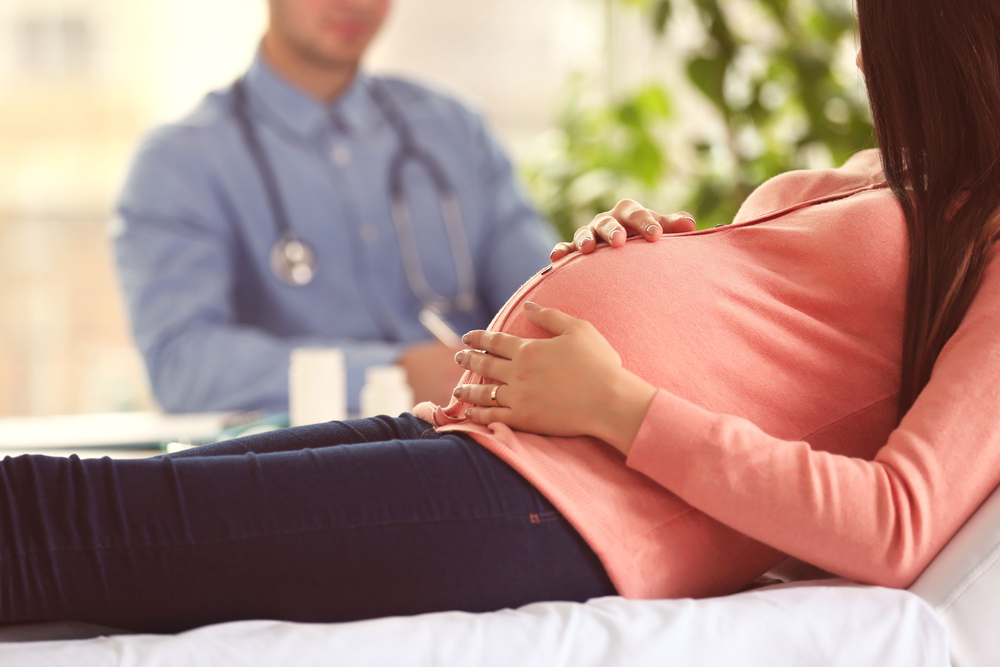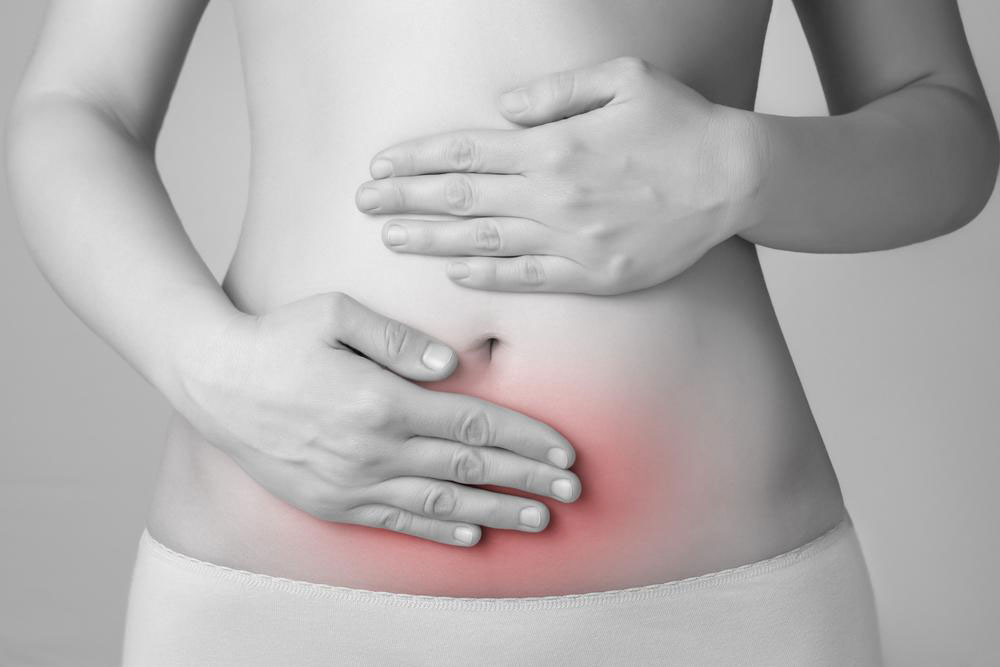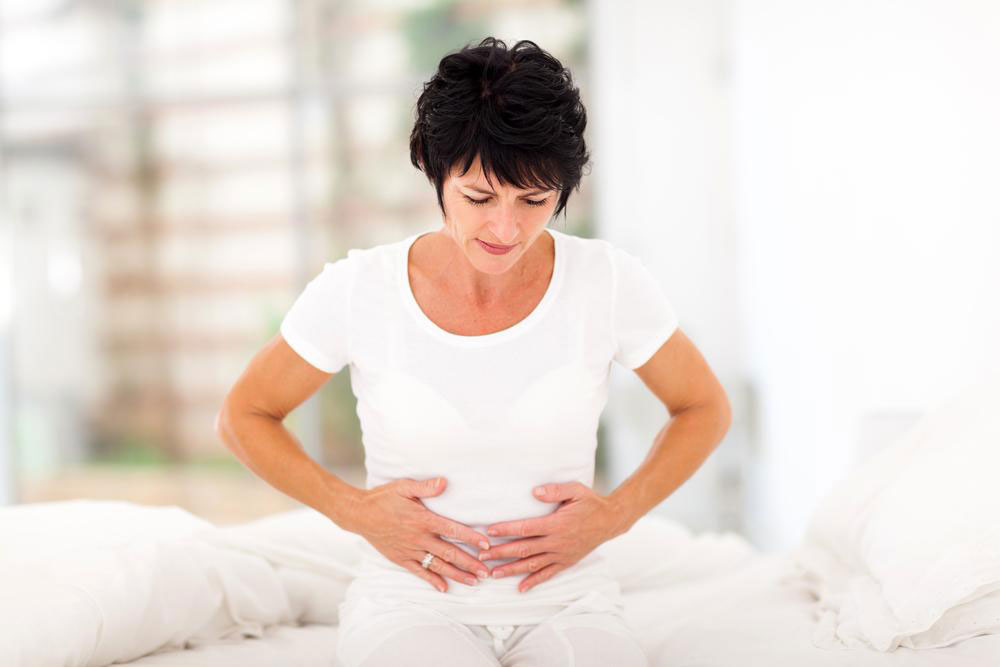Essential Signs and Symptoms of Early Pregnancy
Early pregnancy presents with various symptoms like fatigue, breast tenderness, implantation bleeding, nausea, food cravings or aversions, mood swings, and headaches. Recognizing these signs helps women seek timely medical advice, ensuring proper prenatal care and monitoring.
Sponsored

Understanding Key Indicators of Early Pregnancy
Pregnancy signifies the period when a developing fetus resides within a woman's womb, culminating in childbirth after a successful gestation. Recognizing early pregnancy symptoms is vital for timely medical consultation. While some signs like morning sickness are widely known, others may be less familiar. Here are the primary symptoms to watch for:
Extreme Fatigue
Increased progesterone levels in early pregnancy cause drowsiness and tiredness. Additionally, fluctuations in blood sugar and increased blood volume drain energy, leading to feelings of exhaustion.
Breast Tenderness and Swelling
Hormonal shifts two weeks after conception often cause the breasts to become tender or swollen. Any persistent discomfort should prompt a consultation with a healthcare provider.
Vaginal Bleeding
Implantation bleeding occurs when the fertilized egg attaches to the uterine lining, usually 10-14 days post-fertilization. The blood is typically lighter in color and volume.
Nausea and Morning Sickness
Nausea, commonly referred to as morning sickness, often begins around two weeks after conception. Elevated estrogen slows gastric emptying, contributing to feelings of nausea.
Food Aversions and Cravings
Sudden dislikes or intense cravings for specific foods are common early signs, driven by hormonal fluctuations during the first trimester.
Mood Fluctuations
Hormonal changes can cause unpredictable mood swings, making emotional regulation challenging during pregnancy.
Headaches
Increased blood flow and hormonal shifts may lead to frequent, mild headaches. It's essential to consult a healthcare professional before taking any medication.






